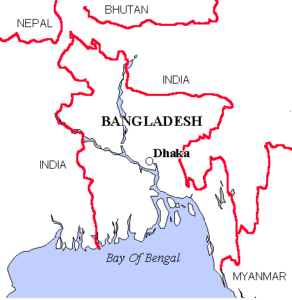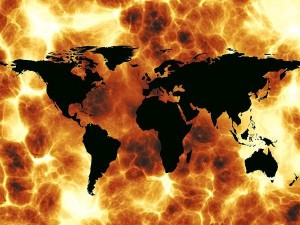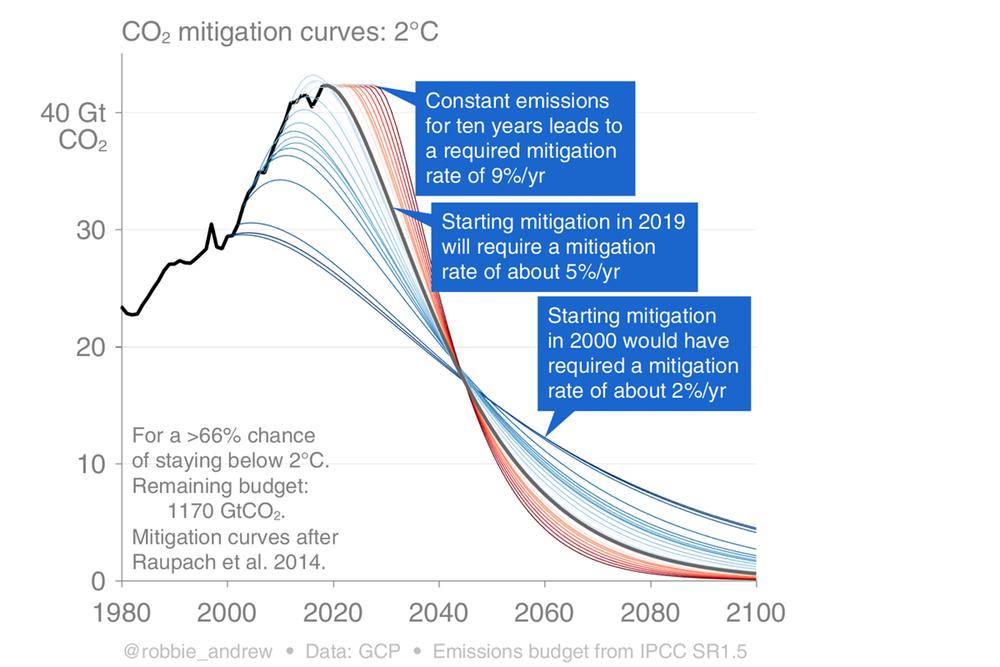So, as you’re probably aware, Australia is experiencing vast wildfires. About 20 times larger than the California ones, ten times larger than the Amazonian ones, and twice as large as the Siberian wildfires.
The Prime Minister of Australia is essentially refusing to admit this has anything to do with climate change: “This sort of stuff just happens and is supposedly a result of just not doing enough burn-offs.” (Spoiler: No.)
Social media is full of stories and pictures of people fleeing to the nearest body of water, sky lit red behind them.
Whoosh.
Here’s the thing: Australia’s government has basically not only done nothing about climate change, but poured on the fuel. A controlling number of Australia’s voters were good with this.
This is the logical result of the actions and inaction of the Australian government.
I doubt that the PM truly cares. It’s not just an ideological thing, the coal and various minerals he wants to remove from Australia and sell to foreigners will still be accessible, and if Australians are forced to leave land, well that just makes it easier to extract minerals.
So this isn’t just what Australia’s government was okay with, it may well be what Australia’s ruling class thinks will make their lives easier.
They don’t make their money primarily off Australian peons, they make their money off foreigners buying stuff.
Ah, the politics of resource extraction states. (Politics I am very familiar with, living in Canada, which has chosen to become more and more a resource extraction state over the course of my life.)
Anyway, there’s no sign so far that people are taking any of this seriously, in the sense of actually doing something to make future events more likely. Australian’s white, sure, but it’s far from the center of power. Even if Australia’s wildfires are huge, the fact that California could have big burns and not matter is more important, because California is a power center, and, even then, elites still didn’t really care.
They clearly figure the money they’re getting for destroying the ecosphere will protect them from the consequences.
Interesting bet. I hope they lose it.
Money would be rather useful, as I don’t get paid by the piece. If you want to support my writing, please DONATE or SUBSCRIBE.

 But I want to focus on the longer game: Where does this leads?
But I want to focus on the longer game: Where does this leads?
